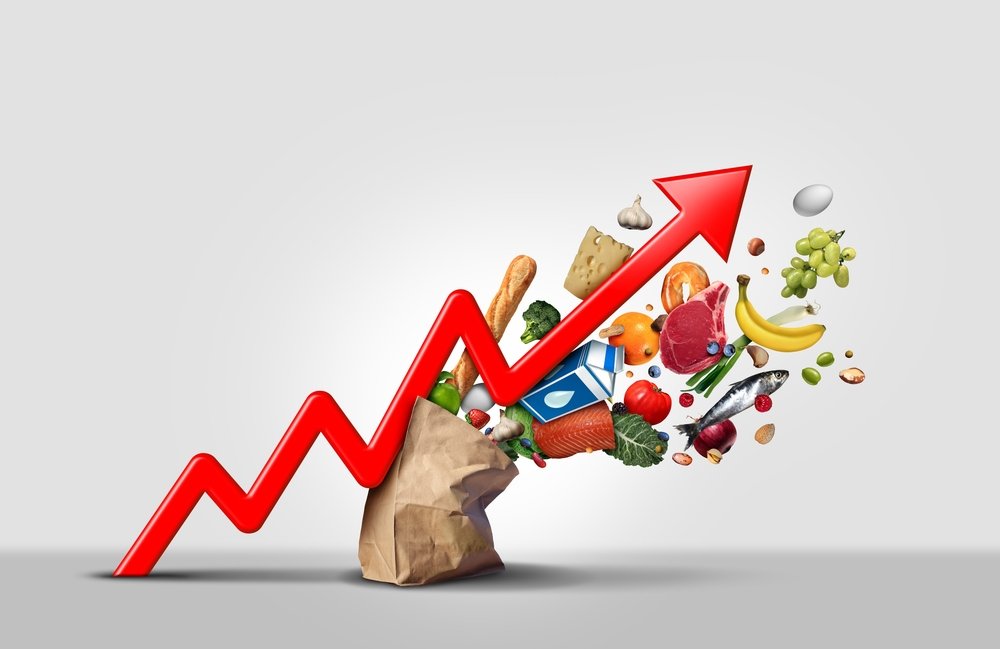NASSAU, BAHAMAS — A governance reformer yesterday backed Prime Minister Davis’ call for vigilance and frugality in light continued heightened level of inflation, noting that it “makes absolute sense”.
Hubert Edwards, head of the Organization for Responsible Governance (ORG) economic development committee, told Eyewitness News that with this nation being a net importer of inflation and coupled with a regressive taxation regime, the continued heightened level of inflation holds serious implications for consumers.

“With food and energy (gas/oil) being two major drivers of domestic consumer cost, taking into consideration increases experienced to date, the call by the Prime Minister for vigilance and frugality makes absolute sense,” Edwards said.
“Given developments over recent month, this was inevitable. It is a position that I have spoken to in a number of articles. The nature of our economy render the government extremely limited in doing anything about the level of inflation or its impact save giving up portions of its already narrow fiscal revenue. The recent publication by the Ministry of Finance underlining the importance of achieving a revenue to GDP of 25 percent underlines this fact,” said Edwards.
He continued: “As the Prime Minister indicated, the world is essentially having a very difficult time making up its mind on whether there is an impending recession. As a result, there are speculations as to whether interest rates should be raised to combat inflation or lowered. We see in the USA where the job market is very robust despite the economy experiencing two consecutive quarters of negative growth. In normal times, this would be the classic definition of a clear-cut recession.
“Today, however, we are faced with great uncertainties and unusual behaviours that are complicating policy response across the globe. The Bahamas does not have a monetary policy in the sense that for example, the US does where raising interest rates can discourage demand and consumption and help to tame inflation. Our inflation comes hard-baked into our imports, which gets further impacted by the regressive nature of the taxation system.
“While policymakers in advanced economies are struggling to make sense of what is happening the one thing which appears to be certain is that inflation will continue at the heightened levels we are currently experiencing and possibly go higher. These developments could hold significant adverse implications for the country and consumers.”
Edwards noted that citizens and residents will have to become more aware of how they spend, budget more effectively, and adjust spending habits as a way of compensating for price increases.
“This recognition and the difficulty in giving up taxes at this time is why I believe the government sought to reduce a number of duties in the recent budget,” he said.
“The intention was to have an impact on rising prices to the benefit of the consumer. The sustained level of inflation will lessen the potency of this strategy on consumer costs. Short of giving up revenue, the Prime Minister is accurate. There is nothing much that can be done and giving up revenue at this point given our precarious finances and the implications it holds for the future of the country’s debt will be difficult.”
“The Prime Minister’s call is therefore wise, as it will likely get worse before it gets better. In my opinion, the level of transparency and vulnerability displayed in outlining this position continues the unfolding of a healthy trend where there is clear and pointed delineation of the economic realities and circumstances, providing clear information and guidance on available policy options. The call will simultaneously raise questions as to whether there will be any attendant policy adjustments to help counter the effect, especially on vulnerable segments of the population,” said Edwards.
Edwards noted that despite significant limitations, having stated the potential gravity of the challenges, the government should examine its social safety net to see how it can be enhanced provide support that might be needed, at least temporarily, even as it continues to work on its strategies to manage the very critical fiscal consolidation of the economy.






